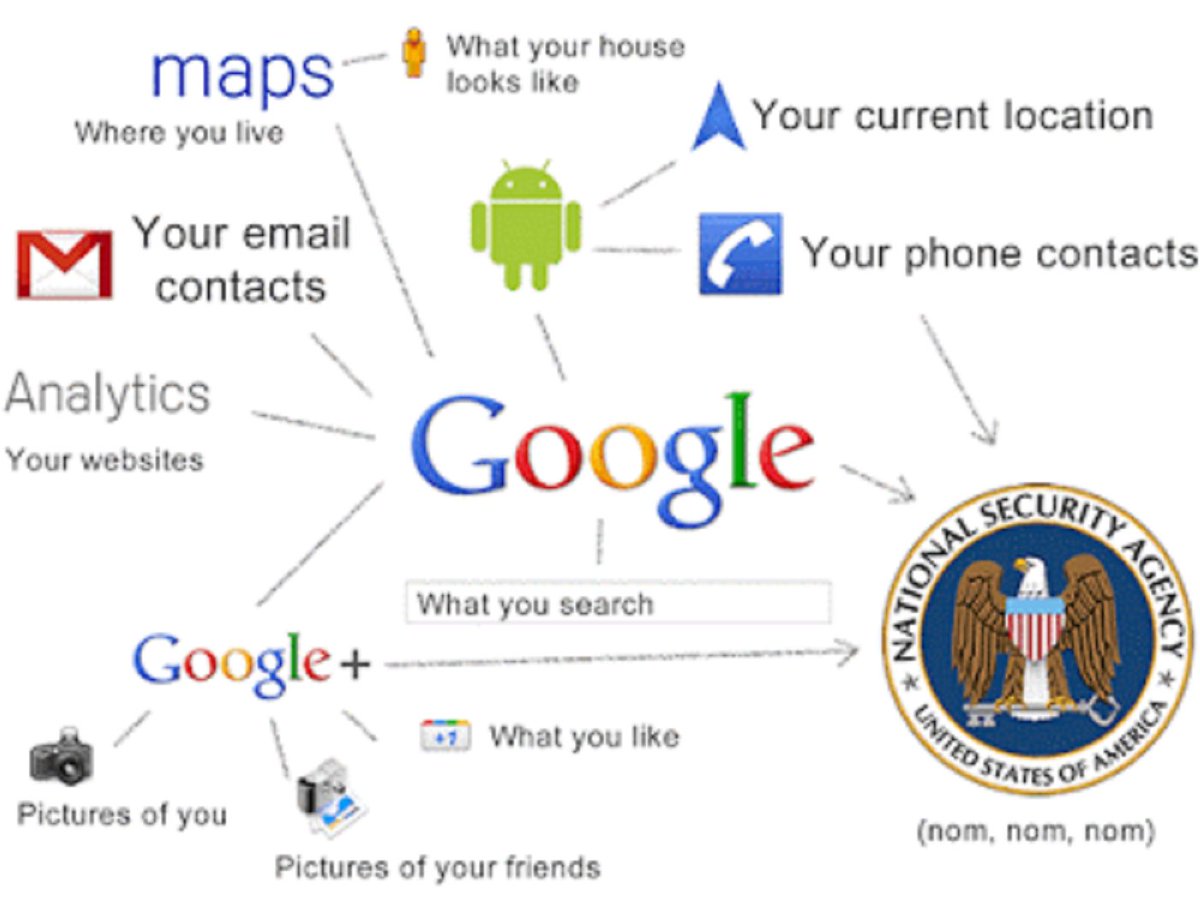Brave is run by Brendan Eich, who is a Christian. He is the inventor of JavaScript, and he was working at Mozilla developing Firefox until he was fired for donating to an organization devoted to protecting traditional marriage.
After being fired, he launched Brave, which is a privacy-oriented browser based on the open-source version of Chrome, and it has become the single best browser available, very quickly.
It is the official browser of the Daily Stormer, and we encourage everyone to download it. If you’re currently using Firefox or Chrome or (God have mercy on you) Internet Explorer or Safari, it’s going to change your life.
The browser includes Tor access, as well as an adblocker, tracking script blocker, and various other improvements by default. Now the company is moving away from a reliance on Google as search.
Brave, maker of the identically named privacy-focused web browser, has acquired its own search engine to offer as an alternative to Google Search and competing search engines that exist but aren’t all that visible in Google’s shadow.
On Wednesday, the company plans to announce that it’s taking over Tailcat, a search engine developed by Cliqz, another privacy-focused browser biz that aspired to compete with Google and shut down last year. The deal, terms undisclosed, makes Cliqz owner Hubert Burda Media a Brave shareholder.
Brave intends to make Tailcat the foundation of its own search service, Brave Search. The company hopes that its more than 25 million monthly active Brave customers will, after an initial period of testing and courtship, choose to make Brave Search their default search engine and will use it alongside other parts of its privacy-oriented portfolio, which also includes Brave Ads, news reader Brave Today, Brave Firewall+VPN, and video conferencing system Brave Together.
Brave Search, the company insists, will respect people’s privacy by not tracking or profiling those using the service. And it may even offer a way to end the debate about search engine bias by turning search result output over to a community-run filtering system called Goggles.
The service will, eventually, be available as a paid option – for those who want to pay for search results without ads – though its more common incarnation is likely to be ad-supported, in conjunction with Brave Ads. The latter offers participants the option to receive 70 per cent of the payment made by the advertiser in a cryptocurrency called BAT (Brave Attention Token).
…
In an interview with The Register, Brendan Eich, CEO of Brave, argued that the demand for privacy is real and cannot be ignored. “I think the genie doesn’t go back in the bottle,” he said. “Consciousness doesn’t revert.”
People used to hear about credit card breaches at large retailers like Target, Eich said, and think that privacy is hopeless but not something that necessarily affects them directly. But then it became more personal as technologies like ad retargeting did things like spoiling surprise gifts by showing the ad for the purchased item again to the intended recipient.
Eich sees the dominance of US tech companies contributing to the interest in privacy and making it a matter of concern for regulators around the world.
“It’s not political in the broken US sense – which is kind of a Punch and Judy show – it’s more like there are people of various commitments on all sides of politics who are aware not only of privacy being violated over time by the big tech players but of the big tech players being abusive monopolies,” he said.
Pointing to how many companies now make privacy claims, Eich said, “I think privacy is here to stay and now the question is how people do it and market it effectively. If you don’t market it, you can lose to somebody who just puts privacy perfume on a pig and tells you it smells great and tastes delicious.”
Eich’s pitch is not that Brave Search aims to take on Google Search directly. He acknowledges that there’s no way to match Google’s vast index and ability to return relevant results for obscure (long tail) search terms. Rather, he sees an opportunity to improve specific types of search queries, referred to as vertical markets.
“Part of what we’re trying to do here is innovate in the area where there’s now monopoly,” he said in reference to Google Search, which has a market share of something like 92 per cent.”…The innovation through verticals is possible because it avoids having to take on Google’s supreme competence, which is the rare or unique queries the long tail.”
“What we’re trying to do is different, it’s not based on crawling the web,” Eich explained. “…Trying to crawl the whole web, it’s not going to work. What Cliqz worked on..that’s an anonymous query log aggregator, and a partial click log aggregator, to see when you don’t convert on the search ad you leave the results page and you find the better results through some number of clicks.”
…
The Brave Search team has written a paper [PDF] explaining its use of the term, titled “GOGGLES: Democracy dies in darkness, and so does the Web.” The browser upstart aims to replace the tyranny of Google’s inscrutable, authoritative index with a multiverse of indices defined by anyone with the inclination to do so.
Brave’s vision of search is based on “an open and collaborative system by which a community, or a single user, can create sets of rules and filters, called Goggles, to define the space which a search engine can pull results from,” the paper explains.
“Instead of a single ranking algorithm, we could have as many as needed, overcoming the biases that a single actor (the search engine) embeds into the results.”
The idea is solid, and based on the fact that Eich is behind it, I’m sure it will work.
We use the search engine a lot, and Google has become almost entirely useless, due to the political and informational censorship they’ve embraced. It’s a bigger issue than simply looking for politically sensitive information. It’s failing to deliver relevant results at all.
The other search engines are all equally flawed, not because of censorship so much as just the inability to index and catalog the internet.
Search is something that should be controlled by some objective body run by the government, frankly, where it is forced to undergo public scrutiny and is subject to transparency laws. Of course, that’s not how we do things in the West anymore – it’s just all an utterly corrupt free for all.
Nothing is really going to change, on the grand scale, until there is some kind of serious meltdown of the system.
But it’s great that people like Brendan Eich are making life easier and more tolerable for the people subjected to these abuses by the system.
 Daily Stormer The Most Censored Publication in History
Daily Stormer The Most Censored Publication in History






